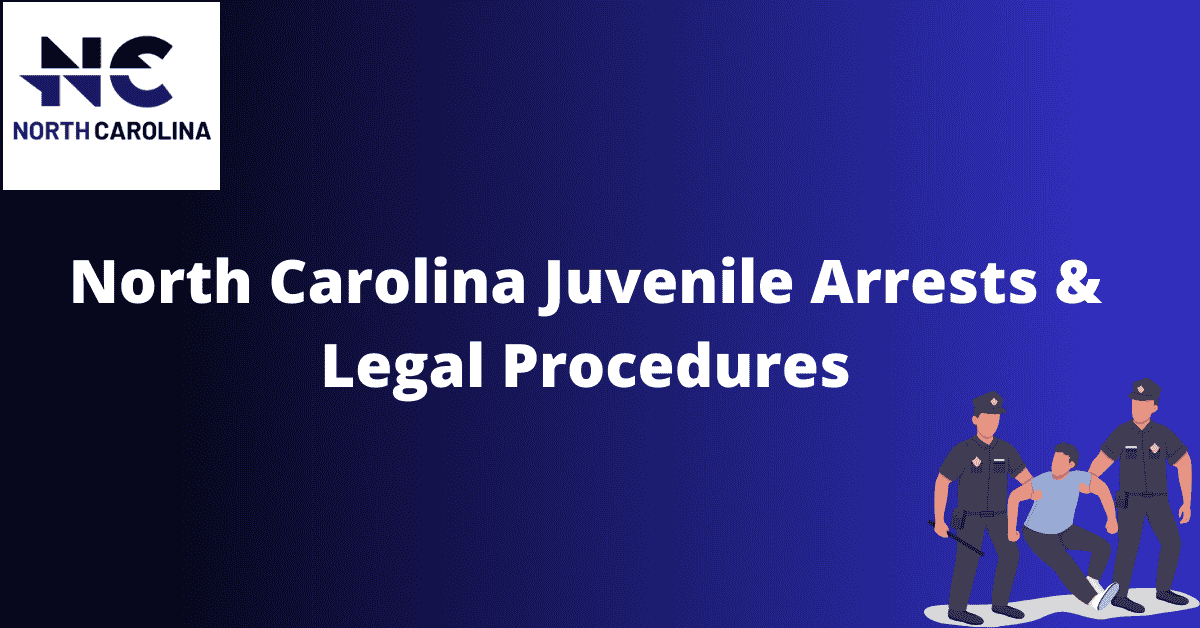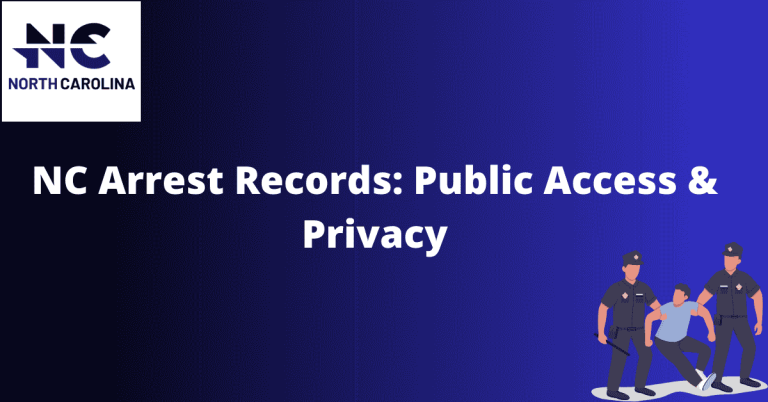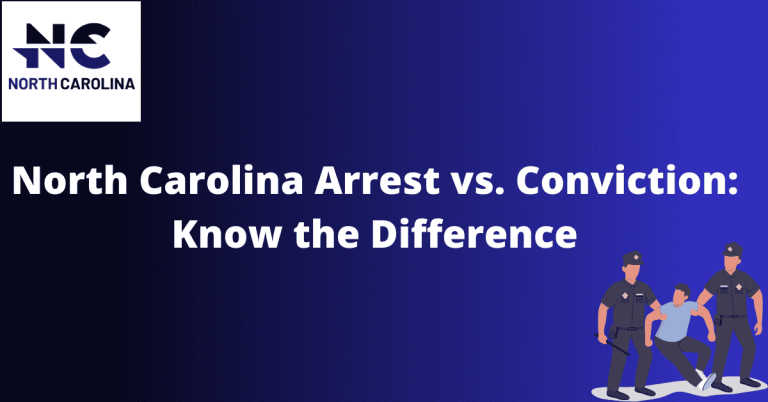North Carolina Juvenile Arrests & Legal Procedures

In the state of North Carolina, the legal system takes a unique approach to handling juvenile arrests, which is a matter of paramount importance. Navigating the complexities of these procedures is essential for all stakeholders involved, including juveniles, their families, legal professionals, and educators. This comprehensive guide will provide a deep dive into North Carolina’s juvenile justice system, offering insights into the processes, rights, and responsibilities that characterize juvenile arrests and legal proceedings.
North Carolina’s Juvenile Justice System
North Carolina’s Juvenile Justice System operates with a distinct focus on individuals under the age of 18 accused of committing crimes. Unlike the adult criminal justice system, which primarily emphasizes punitive measures, the juvenile justice system centres around rehabilitation and providing opportunities for personal growth and development.
Understanding Juvenile Arrests and Legal Procedures
Juvenile Arrests: In this section, we will explore the initial stages of a juvenile’s interaction with the legal system, including the circumstances that lead to a minor’s arrest, the role of law enforcement, and the significance of Miranda rights in the context of juvenile arrests.
Detention and Custody: Following an arrest, juveniles may find themselves in custody or detention. Here, we will elucidate the decision-making process concerning detention, bail, and the rights of minors during this crucial phase.
Juvenile Court Proceedings: Juvenile court proceedings diverge significantly from those involving adults. This segment will provide a detailed breakdown of these processes, encompassing hearings, adjudication, and disposition. Additionally, we will outline the distinctions between delinquency and dependency cases.
Legal Rights of Juveniles: It’s imperative to comprehend the rights accorded to juveniles throughout the legal process. We will discuss the importance of legal representation, the right to remain silent, and other protections aimed at safeguarding young individuals involved in the juvenile justice system.
Rehabilitation vs. Punishment: A core principle of North Carolina’s juvenile justice system is rehabilitation. This section will delve into the various programs and services designed to assist young offenders in their journey toward personal transformation and reintegration into society.
Record Expungement: The consequences of a juvenile record can linger. We will shed light on the process of expunging juvenile records in North Carolina, outlining eligibility criteria and the steps required to pursue this legal remedy.
Navigating North Carolina’s Juvenile Justice System
Comprehending the intricacies of North Carolina’s juvenile justice system is essential for all parties involved, from juveniles and their families to legal professionals and educators. Below, we delve deeper into each of the outlined topics, providing insights and guidance to help you effectively navigate this complex terrain.
Juvenile Arrests: When a minor faces arrest in North Carolina, it entails a distinct set of procedures compared to adults. Law enforcement must adhere to specific protocols to protect the rights and welfare of juveniles. Understanding the circumstances under which a minor can be arrested is the initial step in grasping the juvenile justice system.
Detention and Custody: Once arrested, juveniles may be placed in custody or detention, a phase marked by decisions that can significantly influence their future. We explore the criteria for detention, bail considerations, and the rights that minors retain during this pivotal period.
Juvenile Court Proceedings: Juvenile court proceedings are a world apart from adult court processes. In North Carolina, the primary objective is rehabilitation rather than punishment. We offer a detailed overview of the stages involved in juvenile court proceedings, including hearings, adjudication, and disposition, while highlighting the key differences between delinquency and dependency cases.
Legal Rights of Juveniles: Juveniles possess specific legal rights that must be upheld throughout the legal process. We emphasize the importance of legal representation, the right to remain silent, and other safeguards designed to shield young individuals navigating the juvenile justice system.
Rehabilitation vs. Punishment: Central to North Carolina’s juvenile justice philosophy is the emphasis on rehabilitation. We explore the array of programs and services available to aid young offenders in their quest for personal growth and reintegration into society.
Record Expungement: A juvenile record’s enduring consequences can hinder a young person’s future prospects. We provide insights into the process of expunging juvenile records in North Carolina, including eligibility requirements and the procedural steps necessary to pursue this legal remedy.
FAQS
Explore our comprehensive Frequently Asked Questions (FAQ) section to find answers to common queries about NC Arrests.
Can a juvenile be tried as an adult in North Carolina?
Yes, under specific circumstances, a juvenile can be tried as an adult in North Carolina. However, this determination isn’t automatic; it involves a legal process and typically applies to serious offences or repeat offenders.
What are the potential consequences of a juvenile record in North Carolina?
A juvenile record can have lasting ramifications, affecting education, employment, and housing opportunities. This guide outlines the process of expunging juvenile records in North Carolina, which can offer relief to eligible individuals.
How can parents or guardians support a juvenile in the legal process?
Parents and guardians play a vital role in supporting their children through the juvenile justice system. This entails ensuring access to legal counsel, attending court proceedings, and participating in rehabilitation efforts as necessary.






